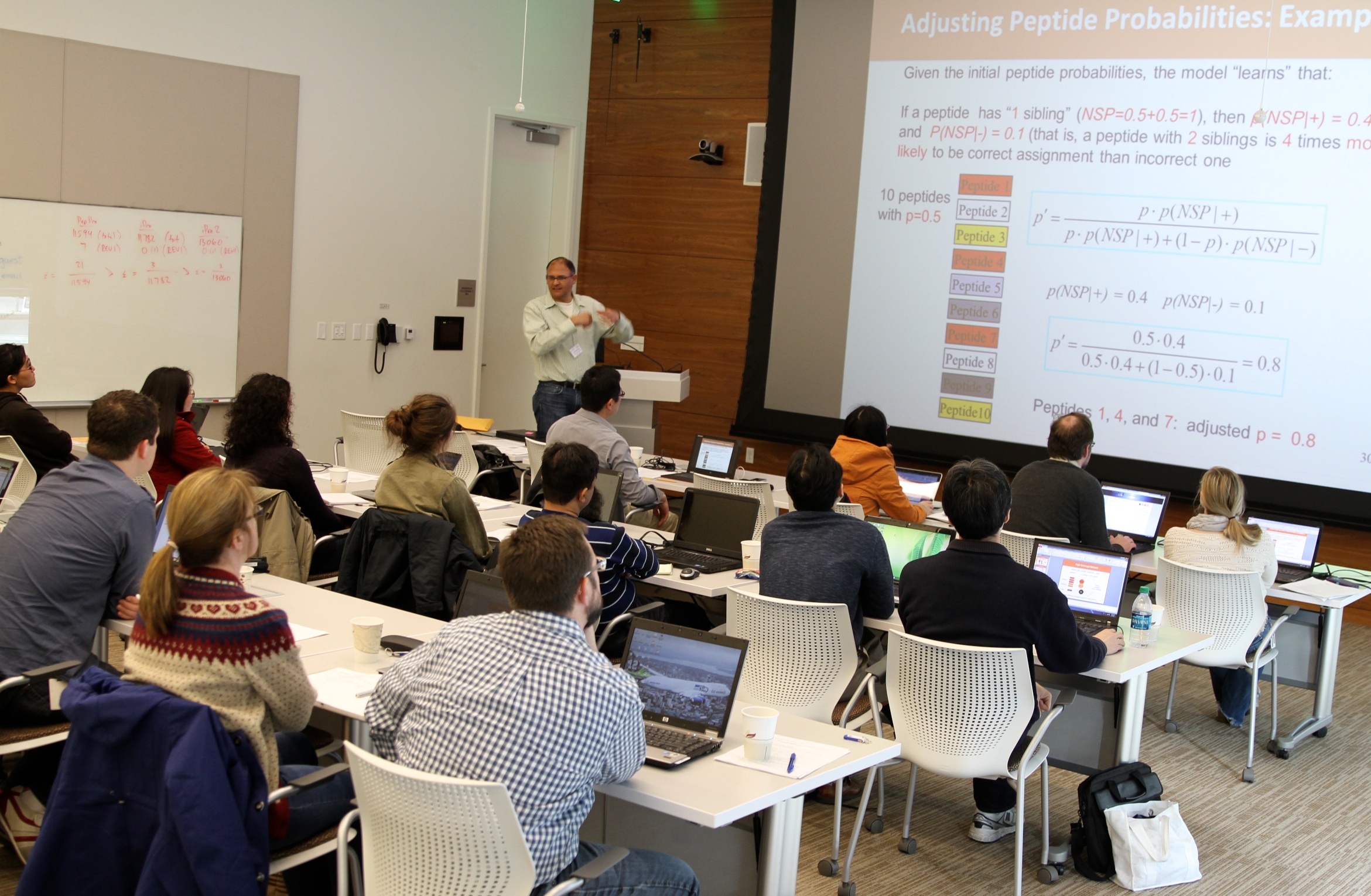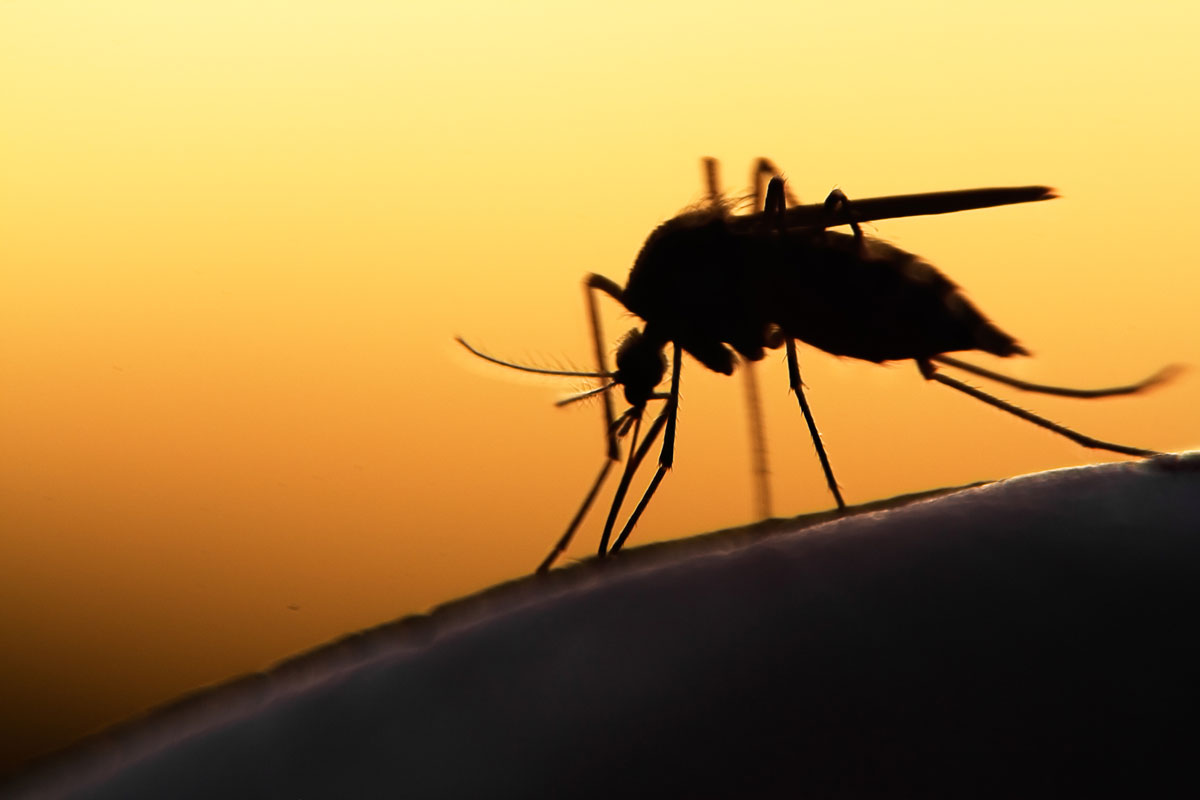ISB’s Robert Moritz Lab Receives NIGMS Grant for Trans Proteomic Pipeline
 moritz.isbscience.org/2014/04/10/isbs-robert-moritz-lab-receives-nigms-grant-for-trans-proteomic-pipeline-2/
moritz.isbscience.org/2014/04/10/isbs-robert-moritz-lab-receives-nigms-grant-for-trans-proteomic-pipeline-2/
The National Institute Of General Medical Sciences of the NIH has awarded Principal Investigator(s): Eric Deutsch, PhD, and Robert L. Moritz, PhD, a continuing R01 grant GM087221 for the ongoing development of the Trans-Proteomic Pipeline. The award titled “Development of Trans Proteomic Pipeline, an Analysis Suite for Mass Spectrometry” will continue the work of the ISB flagship proteomics analysis suite of open-source programs that has been downloaded thousands of times by researchers worldwide. The TPP team will continue on its effort of building new tools and teaching researchers (see previous post about ISB’s TPP course) from across the globe how to access new statistical validation and cloud-enabled components of the TPP. The grant will provide ISB with direct costs of $287,000 each year for the next 4 years for Deutsch, Luis Mendoza, David Shteynberg and Zhi Sun of the Moritz group to continue this work.






